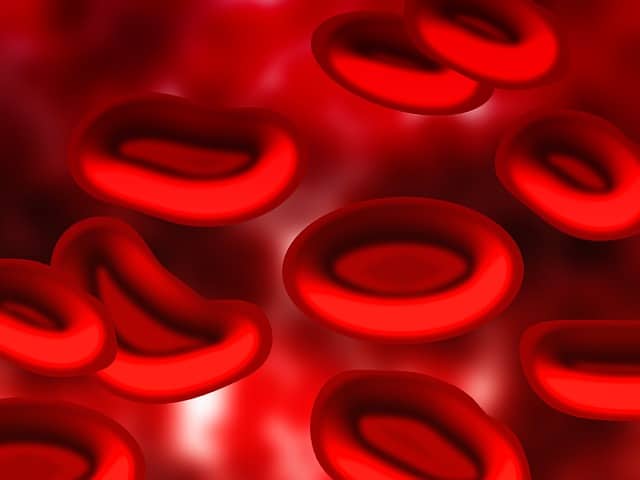
Existing arthritis drug could save thousands in blood cancer treatment
pharmafile | August 3, 2017 | News story | Research and Development | University of Sheffield, arthritis, biotech, blood cancer, drugs, life sciences, medicine, pharma, pharmaceutical
Findings by researchers at the University of Sheffield have indicated that thousands of pounds could be saved in blood cancer treatment by tapping into the unexplored properties of methotrexate, a drug traditionally used to treat inflammatory diseases like rheumatoid arthritis, psoriasis and Crohn’s disease.
The collaborative efforts of scientists at the University’s Department of Biomedical Science and haematologists at Sheffield’s Royal Hallamshire Hospital found that methotrexate is able to disrupt the JAK/STAT signalling which lead to the development of blood cancers like polycythemia vera (PV). PV is a potentially life-threatening variety of blood cancer which typically affects the elderly and is characterised by an overproduction of blood cells. Symptoms can include headaches, weight loss and fatigue, and can lead to stoke, embolisms or deep vein thrombosis due to the increased strain it puts on the heart and circulatory system. Around 3,000 UK patients are diagnosed each year.
Following initial tests in fruit flies and mice, the team believe that the success of the drug in treating the disease indicates that applying it to human subjects could produce a range of benefits.
“Methotrexate costs pennies – a year’s worth costs around £40 to £50. In terms of modern drugs it’s trivial,” explained lead researcher Dr Martin Zeidler. “Here we have the potential to take a very cheap, established and well known drug to clinical trial. “A similar drug being trialled in the UK at the moment costs £42,000 a year and it does basically the same thing. The NHS is not made of money, and we’re hoping we will be able prove the cheaper option works. There is also great potential for its use around the world in places like India and third world countries where the more expensive option is not affordable.”
The team now hopes to take their theory into human clinical trials next year.
Yorkshire Cancer Research Chief Executive Dr Kathryn Scott added: “It’s fantastic to see this type of ground-breaking cancer research taking place in Yorkshire. Hospitals that have a high level of medical research tend to have better outcomes, and clinical trials can bring the most pioneering and innovative treatments to local people. That’s why we’re dedicated to bringing more trials to the region. The fact that this drug is already being used to treat arthritis means it has the potential to become available to patients much sooner than new therapies.”
Matt Fellows
Related Content

Regeneron plans to share advancements from blood cancer pipeline
Regeneron Pharmaceuticals have announced that it plans to share new and updated data from its …

FDA approves IMIDEX’s AI-powered device VisiRad XR
The technological pharmaceutical company IMIDEX has been granted clearance from the US Food and Drug …

Artiva Biotherapeutics announces FDA clearance of IND for AlloNK and Rituximab combo
On 16 August 2023, the US Food and Drug Administration (FDA) officially cleared Artiva Biotherapeutics’ …








